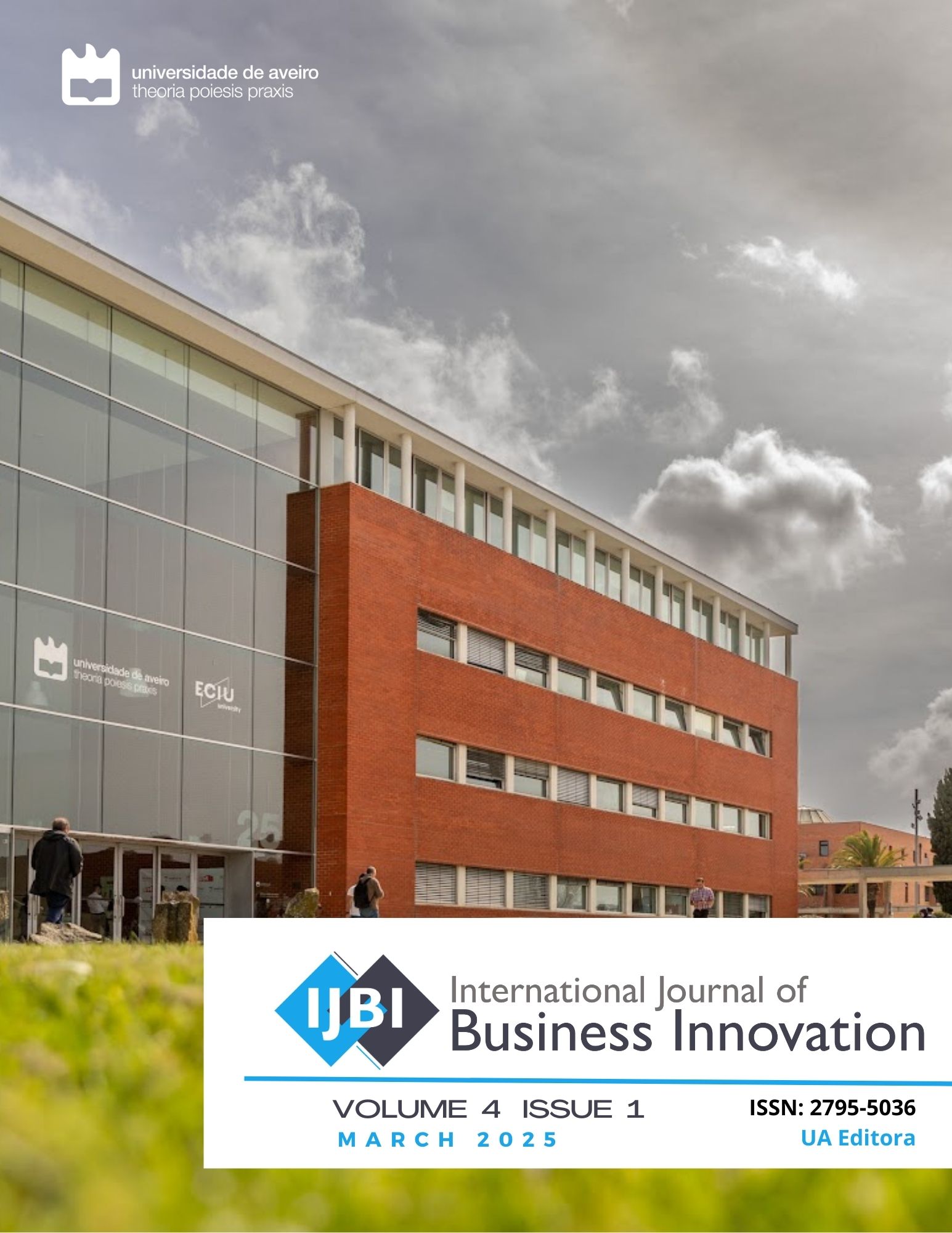Assessment of Solid Waste Management at the Desembargador Rodolfo Aureliano Courthouse in Search of Environmental Sustainability
Percepetions and Practices
DOI:
https://doi.org/10.34624/ijbi.v4i1.38041Keywords:
solid waste management, selective collection, sustainable practices, environmental responsibility, Sustainable Development GoalAbstract
The efficient management of solid waste is fundamental to environmental sustainability, impacting public health, the quality of the environment and the efficiency of natural resources. This study aimed to investigate the knowledge, attitudes and practices of employees of the Desembargador Rodolfo Aureliano Courthouse in relation to waste management. The research methodology uses a qualitative-quantitative approach for a complete analysis of the data collected through an online questionnaire and semi-structured interviews, which made it possible to obtain a detailed view of employees' practices and perceptions. The results show that 73% of employees identify paper as the main waste generated, reflecting the high volume of documentation in the Forum. The majority of participants (85.7%) are employees over 45 years old, which may influence resistance to changes in environmental management practices. The research revealed that 79.4% of employees discard waste daily, indicating a regular practice and an organizational culture that values a clean environment. However, there were significant gaps in awareness and participation in training. Approximately 87.3% of employees did not participate in awareness campaigns about waste management. The study suggests improvements, such as the expansion of selective collection and more frequent educational campaigns, aiming to support sustainable waste management at the Desembargador Rodolfo Aureliano Courthouse.
References
Published
Issue
Section
License
When submitting an article to the IJBI, authors certify the following clauses:
-
Originality and single submission– The contents presented in the article have not been published previously in whole or in part, and were not submitted or are not under active consideration elsewhere prior IJBI decision. The article must be authentic and does not contain plagiarism.
-
Authorship– All authors reviewed the article, agreed with its content, and agreed to its submission to the IJBI.
-
Conflicts of interest– Any conflict of interests must be declared. If authors have no declaration, it should be written (in the acknowledgments section): “The authors declare no conflict of interests”.
-
Ethics committee and informed consent(if applicable) – The research must be approved by an independent ethics committee and subjects gave their informed consent before they were enrolled in the study.
- Authors retain copyright and grant the journal the right of first publication with the work simultaneously licensed under a Creative Commons CC BY 4.0.



